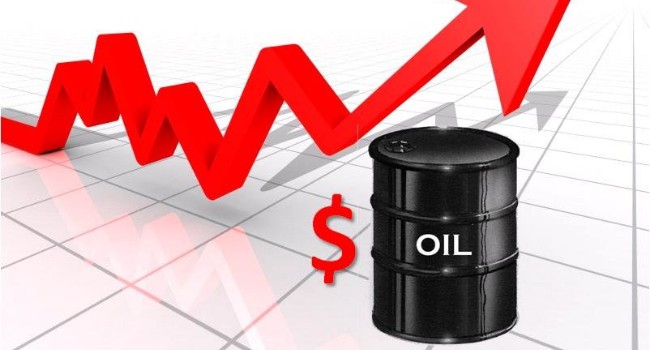Global oil prices surged on Tuesday after reports emerged that Israel might be planning a military strike on Iran’s nuclear facilities, according to U.S. intelligence cited by CNN. The development has intensified fears of renewed instability in the Middle East, a region that supplies roughly one-third of the world’s oil.
West Texas Intermediate (WTI) futures experienced a more pronounced rise, rising as high as 3.5% to $64.19 a barrel, while Brent crude for July delivery closed the session slightly lower, dropping 0.2% to $65.38 per barrel.
CNN, quoting unnamed U.S. officials, reported that Israeli military and political leaders are in advanced stages of contingency planning. However, it remains unclear whether a final decision has been made to launch an attack on Iranian nuclear infrastructure.
The oil market has remained volatile in recent weeks amid mixed signals regarding the future of U.S.-Iran nuclear negotiations. Progress in the talks could result in the lifting of sanctions on Iranian crude exports, potentially flooding an already oversupplied market. A strike by Israel would significantly complicate those negotiations and inject fresh uncertainty into an already tense geopolitical landscape.
“There’s a difference between proxy battles and symbolic strikes versus an unmitigated attack, which is what the latest reports, if true, appear to potentially flag,” said Vishnu Varathan, Head of Macro Strategy for Asia ex-Japan at Mizuho Bank. “Previous conflicts involving Israel often displayed more restraint, partly due to the involvement and coordination of regional players, the U.S., and European powers.”
Adding to the uncertainty, Iran’s Supreme Leader, Ayatollah Ali Khamenei, on Tuesday expressed scepticism about the current negotiations with the United States, stating he did not expect any meaningful outcome.
According to Bloomberg Intelligence, analysts caution that WTI prices may fall as low as $40 per barrel if sanctions on Iran’s oil exports are restored. On the other hand, any military confrontation between Iran and Israel is probably going to cause a further surge in oil prices as investors respond to the possibility of supply interruptions and instability in the area.

